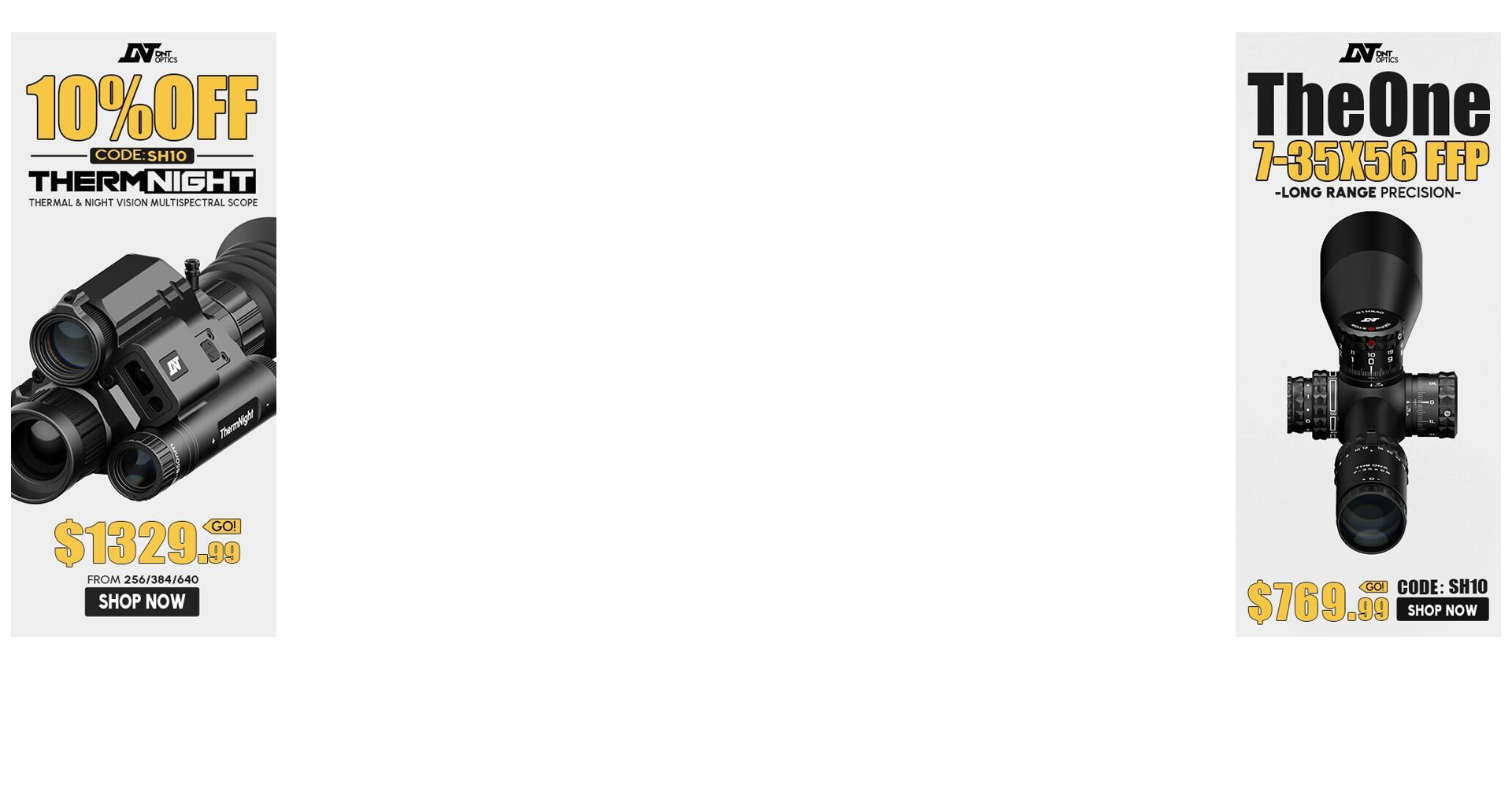Would there be a difference in the amount of lube worn off of a rimfire bullet with straight rifling vs fast twist rifling?
I’m trying to understand the physics of why a certain twist rate fits better with a certain length barrel. I’m wondering if it’s barrel wear on the exiting slug which determines one length barrel groups better than another for a given twist rate. Is the answer purely in “bore time”, with fast twists combined with longer tubes allowing a stabilizing of pressures/burn and speed?
I’m trying to understand the physics of why a certain twist rate fits better with a certain length barrel. I’m wondering if it’s barrel wear on the exiting slug which determines one length barrel groups better than another for a given twist rate. Is the answer purely in “bore time”, with fast twists combined with longer tubes allowing a stabilizing of pressures/burn and speed?

